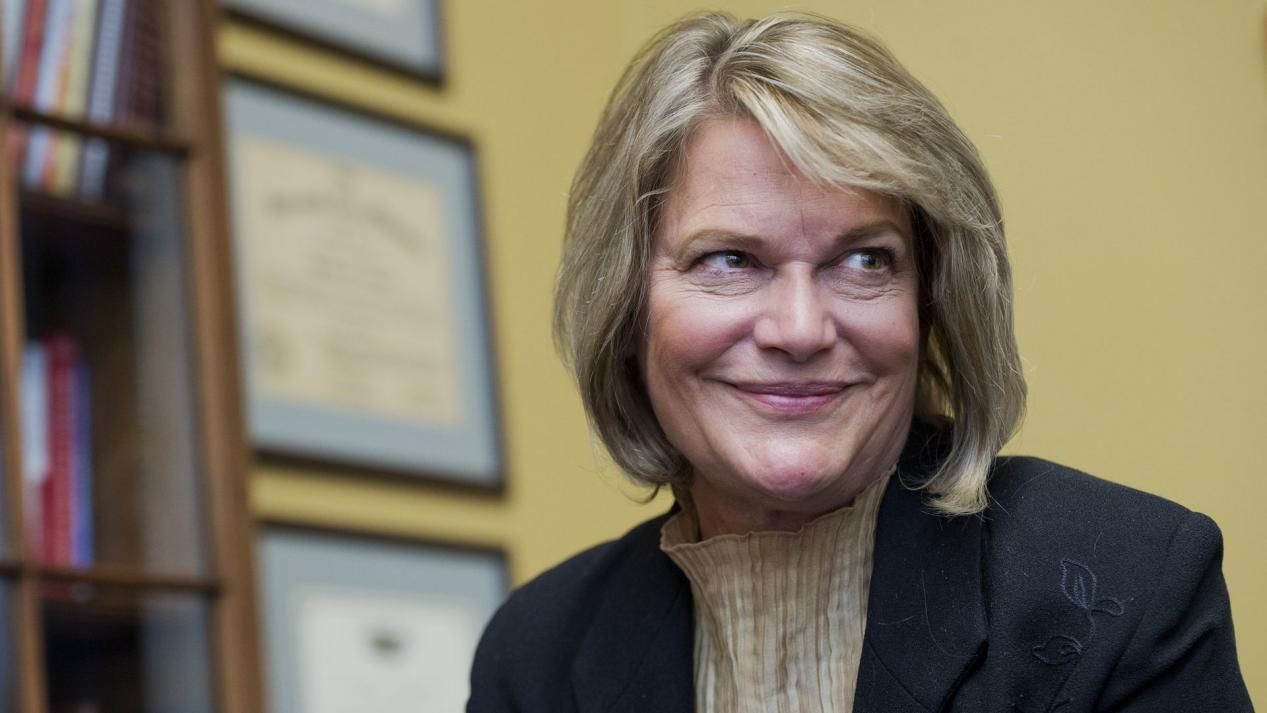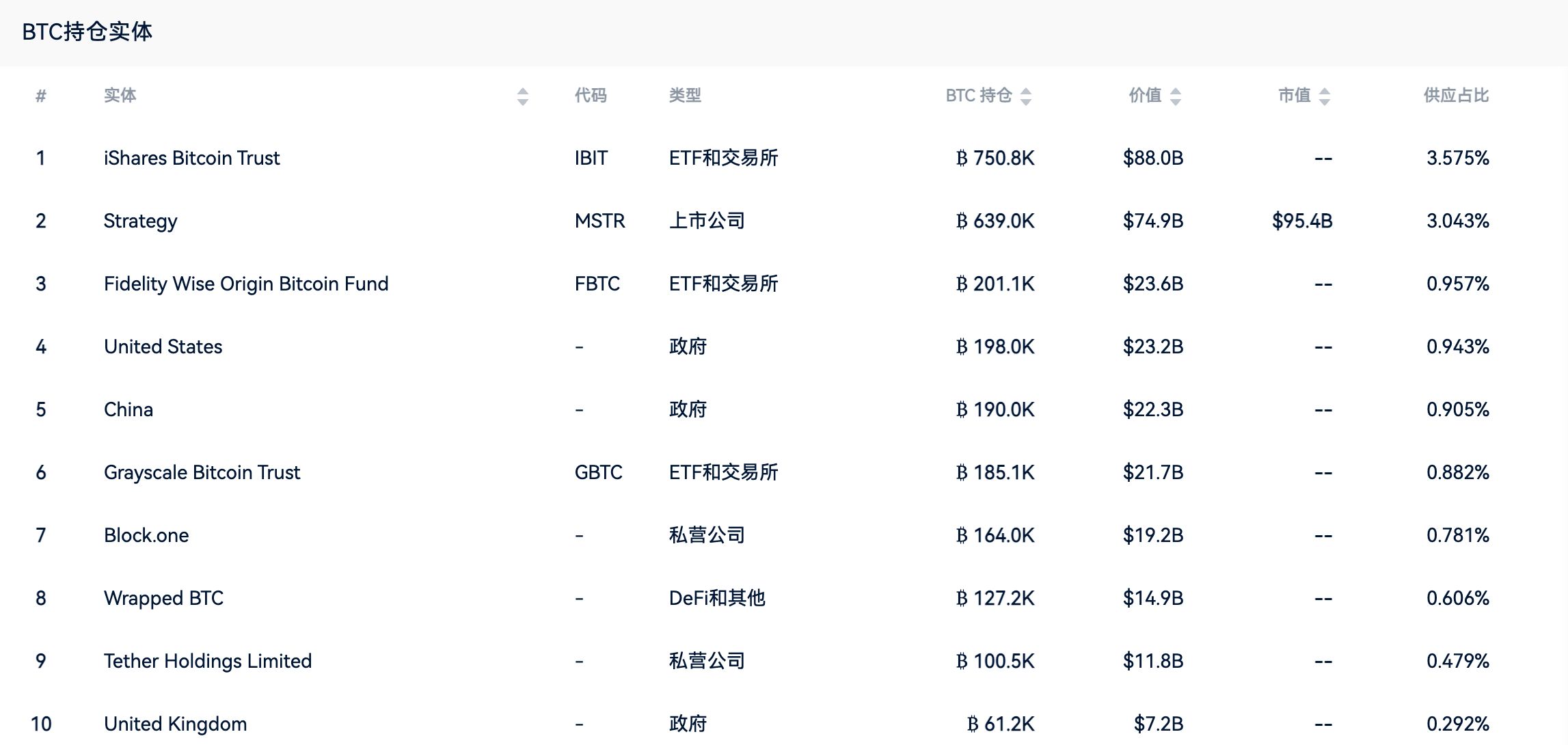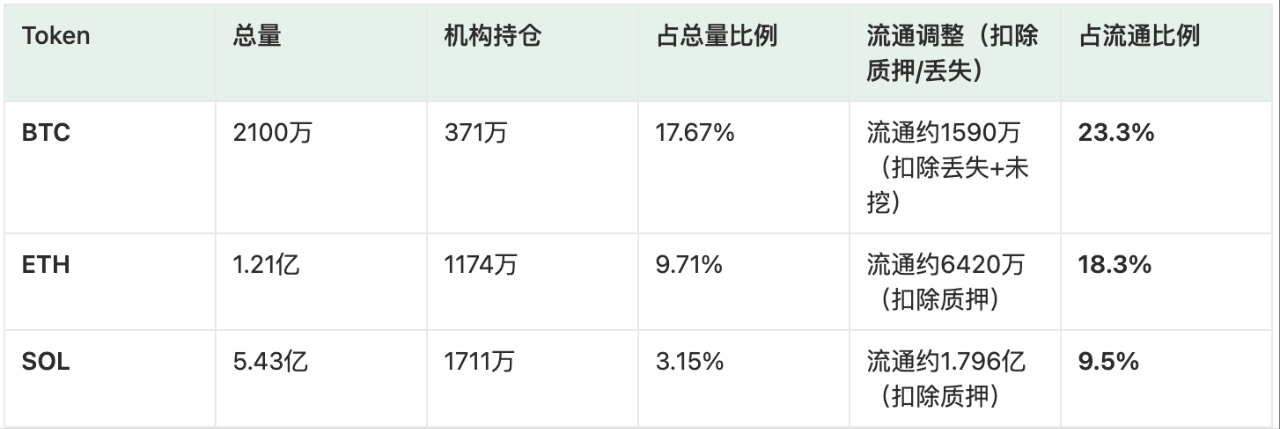On September 16, 2025, several leaders from the crypto industry held a roundtable discussion in Washington, D.C., hosted by members of Congress, to discuss this bill in depth. Attendees included 18 industry representatives such as MicroStrategy co-founder Michael Saylor. Together, they explored possible paths for acquiring 1 million bitcoins within five years as a U.S. strategic reserve, without increasing the burden on taxpayers.
Currently, the bill has been submitted to the relevant committees in both the House and Senate for review, but no hearings have been scheduled yet. This marks a shift in the U.S. regulatory focus on crypto assets—from initially targeting single categories like stablecoins to building a more systematic and strategic overall framework.

Market Impact: Reshaping Supply & Demand and Legitimacy
-
Official Endorsement and Legitimacy: If this bill is ultimately passed, it will be the first time the U.S. government formally recognizes bitcoin’s strategic value as an official reserve asset through legislation. This move would fundamentally change the market narrative of bitcoin as a “bubble” or “scam,” providing a powerful national-level endorsement for its legitimacy as a store of value.
-
Reshaping Market Supply and Demand: The proposal plans to gradually acquire 1 million bitcoins over five years, averaging about 200,000 per year. Considering bitcoin’s current daily new issuance (about 900 per day) continues to decrease due to the halving mechanism, and a large amount of bitcoin is locked by long-term holders (HODLers), the U.S. government entering as the largest and most stable potential buyer would significantly boost market demand and could exert long-term upward pressure on prices.
-
Strategic “Ballast”: The emergence of a national-level, non-selling bitcoin holder would provide the market with unprecedented stability. It would not only reduce the circulating supply but also lower the risk of panic crashes triggered by the sell-off of a single whale or institution. This is an extremely positive signal for long-term bitcoin holders.
As of publication, here is an overview of the top 10 BTC holding entities (2025-9-18 Data source: AiCoin)

Challenges and Prospects: A Long Road to Legislation
Although the “Bitcoin Bill” is intriguing, its legislative path still faces multiple challenges.
First, high price volatility is the biggest obstacle. Bitcoin’s high volatility fundamentally contradicts the stability sought by traditional reserve assets. How to manage this volatility and ensure the reserve value does not shrink significantly is a key issue lawmakers must address. For example, the Swiss National Bank previously rejected a similar bitcoin reserve proposal for the same reason.
Second, technology and security are challenges that cannot be ignored. Holding such a large amount of bitcoin (worth hundreds of billions of dollars) requires extremely secure and reliable custody and storage solutions. Any technical loophole could cause catastrophic losses, requiring the government to establish unprecedented high-standard security infrastructure.
Finally, forming political consensus will still take time. Although the voices of crypto supporters in Congress are growing, skepticism remains within the Democratic Party, especially from senators like Sherrod Brown. They are concerned about environmental impact, potential illegal uses, and market manipulation risks—all of which will be major obstacles to the bill’s passage.

So, do you think the proposal for the U.S. to establish a strategic bitcoin reserve can pass given the current challenges? If the plan is ultimately implemented, how will it change the competitive landscape of the global crypto market?
Join our community to discuss and grow stronger together!

